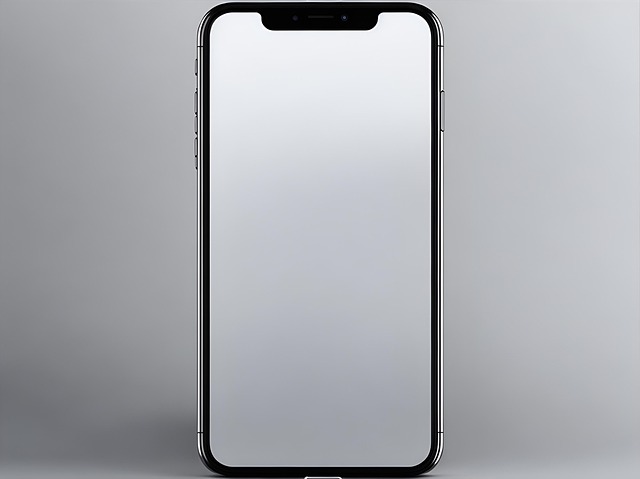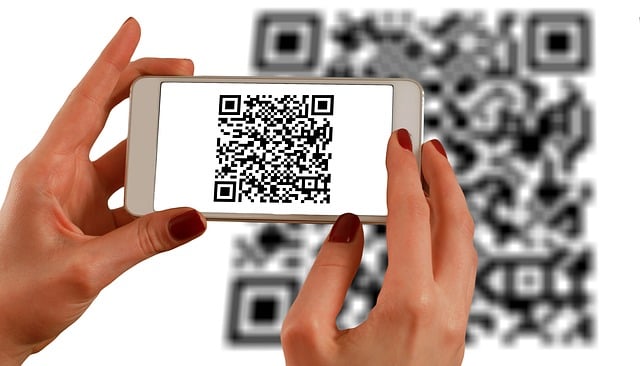The Telephone Consumer Protection Act (TCPA) protects Hilton Head Island residents from unwanted phone solicitations, including automated calls and prerecorded messages. Understanding TCPA rules empowers locals to refuse marketing calls from law firms or attorneys in South Carolina without prior consent. Legal assistance from a qualified "Do not call lawyer SC" is available to navigate compliance issues, assert privacy rights, file complaints, and seek damages for violated "do not call" preferences. Registering on the National Do Not Call Registry is a simple step to reduce unwanted calls, with consultation from a local expert offering further recourse against intrusive marketing practices.
“Understanding the TCPA (Telephone Consumer Protection Act) is crucial for residents of Hilton Head Island, SC, to protect their privacy and curb unwanted calls. This comprehensive guide delves into the TCPA’s significance in your daily life and how it applies specifically to your community. Learn about your rights as a resident and discover effective strategies to stop nuisance calls from Do Not Call Lawyer SC, Do Not Call Attorney South Carolina, and local law firms. By navigating these regulations, you can ensure your peace of mind and maintain control over your communication channels.”
The TCPA: A Brief Overview and Its Relevance to Hilton Head Island Residents
The TCPA, or Telephone Consumer Protection Act, is a comprehensive federal law designed to protect consumers from intrusive and unwanted telephone solicitations. Enacted in 1991, it sets strict guidelines for businesses engaging in telemarketing activities, ensuring residents’ privacy and peace of mind. For Hilton Head Island residents, the TCPA is particularly relevant as it restricts how companies can contact them via phone, including automated calls, prerecorded messages, and live operators.
By understanding the TCPA’s provisions, Island residents can safeguard themselves from excessive or inappropriate telemarketing calls. It prohibits businesses from calling residential telephone numbers without prior express consent, giving rise to legal repercussions for non-compliance. This is where a lawyer specializing in the TCPA, specifically serving South Carolina, becomes invaluable. Such legal experts can guide individuals on their rights and help them navigate any issues related to unwanted phone calls, ensuring that businesses adhere to the law and residents’ privacy is respected.
What Does the TCPA Say About Unwanted Calls?
The Telephone Consumer Protection Act (TCPA) is a federal law designed to curb unwanted phone calls and protect consumers from intrusive marketing practices. In terms of unwanted calls, the TCPA strictly regulates telemarketing activities, including robocalls and automated messages. It prohibits companies and individuals from making or causing such calls without prior express consent from the recipient, specifically addressing residents in South Carolina, like those in Hilton Head Island.
If you’re receiving persistent calls from do not call lawyer SC, do not call attorney SC, or even from law firms in South Carolina that you haven’t consented to, you have rights. The TCPA allows consumers to take action against violators by filing complaints with the Federal Communications Commission (FCC) and seeking legal remedies, including damages, through a lawyer for do not call SC or do not call lawyers SC.
Understanding Your Rights as a Resident of Hilton Head Island, SC
As a resident of Hilton Head Island, SC, it’s crucial to be aware of your rights when it comes to telemarketing calls and text messages. The Telephone Consumer Protection Act (TCPA) offers significant protections for consumers in South Carolina, limiting how businesses can contact you with unsolicited marketing materials. If you’re bothered by frequent calls from “do not call lawyer SC” or relentless texts from “do not call attorneys South Carolina,” understand that you have the power to stop it.
You have the right to decline receiving automated calls or text messages from certain entities, and they must obtain your prior express consent before contacting you. This includes communications from law firms and lawyers advertising their services. If you wish to opt-out of such calls, you can register your number with the National Do Not Call Registry or directly communicate your preferences to the marketing parties. Having a lawyer for do not call South Carolina issues can be beneficial if you feel your rights have been violated, but knowing your legal standing first can empower you to take proactive measures.
Navigating Violations and Consequences under the TCPA
If you reside in Hilton Head Island, SC, and have experienced unwanted telephone calls or text messages from telemarketers or debt collectors, it’s crucial to understand your rights under the Telephone Consumer Protection Act (TCPA). Navigating violations of this federal law can protect you from harassment and hold perpetrators accountable.
When a “do not call” request is ignored, residents of South Carolina have legal recourse. A lawyer specializing in TCPA litigation can help you file a complaint with the Federal Trade Commission (FTC) or bring a private lawsuit against the offending party, which may include individuals, companies, or even law firms engaging in abusive calling practices. Such actions can lead to substantial financial penalties for violators and provide relief for those affected by unwanted communication. Remember, knowing your rights and taking action is essential when dealing with TCPA violations. Consider consulting a lawyer for guidance on whether you have a case and how to proceed if you’ve been affected by unwanted calls or texts in South Carolina.
How to Stop Unwanted Calls and Protect Your Privacy
Unwanted phone calls can be a persistent and frustrating issue, but there are steps you can take to protect your privacy and stop them in their tracks. If you’re a resident of Hilton Head Island, SC, understanding your rights under the Telephone Consumer Protection Act (TCPA) is crucial. The TCPA prohibits telemarketers from calling consumers without prior consent, ensuring your right to a peaceful home environment free from intrusive calls.
One effective way to stop unwanted calls is by registering your phone number on the National Do Not Call Registry. This federal list ensures that telemarketers cannot call you unless they have your explicit permission. Additionally, if you’re receiving calls from law firms or attorneys in South Carolina promoting their services, you can take action legally. A Do not call lawyer SC or do not call attorney SC can help you assert your rights and file a complaint against persistent callers. Remember, knowing your rights and taking proactive measures are key to safeguarding your privacy from unwanted phone calls.






